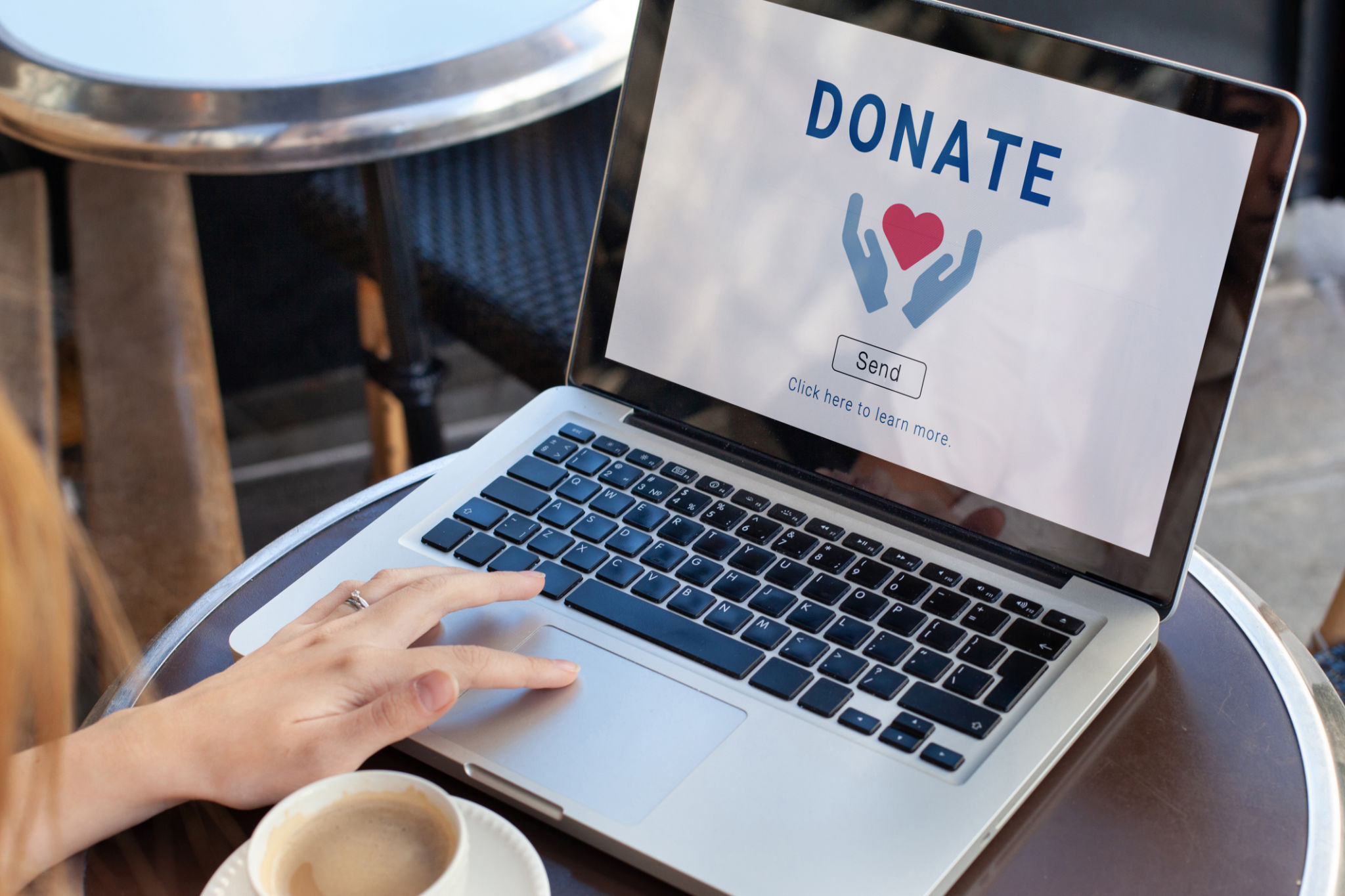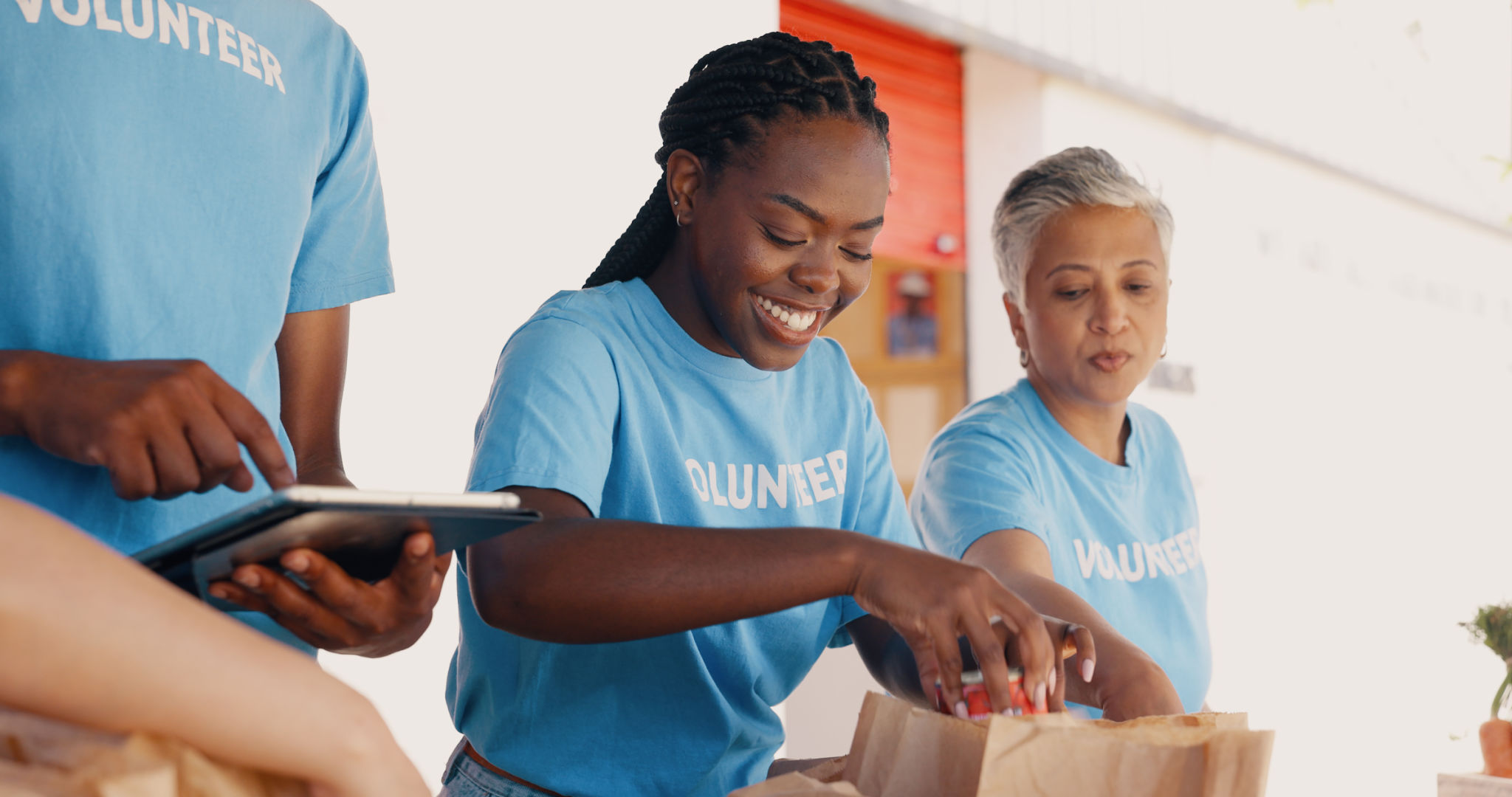How to Organize a Successful Charity Event: Lessons from Love Is On The Streets
Understanding the Purpose of Your Charity Event
Organizing a charity event can be a rewarding experience, but it requires careful planning and execution. The first step in hosting a successful event, as demonstrated by the renowned initiative "Love Is On The Streets," is understanding its purpose. Clearly define what you aim to achieve, whether it's raising funds, increasing awareness, or fostering community engagement. This clarity will guide every decision you make and help communicate your mission to potential donors and participants.

Planning and Organization
A well-structured plan is crucial for any successful charity event. Start by setting a realistic timeline and budget. Identify key tasks such as securing a venue, arranging for permits, and coordinating volunteers. It's also essential to delegate responsibilities to ensure that every aspect of the event is covered. "Love Is On The Streets" attributes its success to meticulous planning, with every team member understanding their role and deadlines.
In addition to logistics, consider the overall experience for attendees. Create a detailed schedule that includes entertainment, speeches, and interactive sessions that align with your cause. This not only keeps the audience engaged but also reinforces the message you wish to convey.
Engaging and Mobilizing Volunteers
Volunteers are the backbone of any charity event. Recruiting the right people who are passionate about your cause can significantly impact the success of your event. "Love Is On The Streets" effectively mobilized a diverse group of volunteers by offering various roles that matched different skill sets and interests.

Creating a Marketing Strategy
To ensure maximum participation and support, a robust marketing strategy is essential. Utilize multiple channels such as social media, email campaigns, and local press to spread the word about your event. Craft compelling messages that highlight the impact of donations and participation. "Love Is On The Streets" successfully leveraged social media platforms to create buzz and encourage community involvement.
Consider collaborating with local businesses or influencers who share your values to expand your reach. Partnerships can provide additional resources and credibility, enhancing the overall success of your event.
Ensuring an Impactful Event Day
The day of the event is your opportunity to showcase all your hard work. Ensure that everything runs smoothly by conducting rehearsals and having contingency plans in place. "Love Is On The Streets" emphasized the importance of having clear signage and an information booth to assist attendees and address any concerns promptly.

Encourage interaction by incorporating engaging activities or workshops that allow participants to connect with each other and further understand the cause. This not only enriches their experience but also fosters a sense of community and shared purpose.
Post-Event Follow-up and Appreciation
The conclusion of your event marks the beginning of a crucial phase—follow-up. Reach out to attendees, volunteers, and sponsors with personalized thank-you messages expressing gratitude for their support. "Love Is On The Streets" prioritized this step, recognizing that appreciation can lead to long-term relationships and support for future initiatives.
Additionally, share the outcomes of your event, such as funds raised or awareness increased, through newsletters or social media updates. Transparency about the impact of their contributions encourages continued engagement and trust in your organization.
Reflecting and Learning from Experience
After the event, take time to evaluate what went well and what could be improved. Solicit feedback from attendees, volunteers, and team members to gain valuable insights. "Love Is On The Streets" regularly conducted debriefing sessions to refine their approach for future events.
Documenting these lessons will help streamline processes, enhance participant satisfaction, and ultimately lead to more successful charity events in the future.